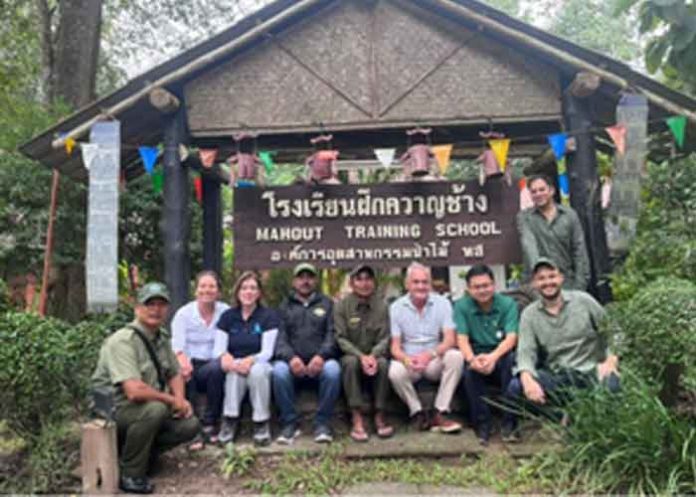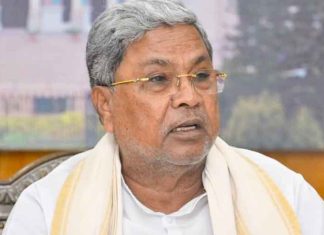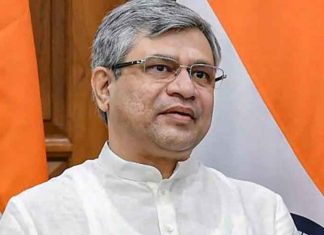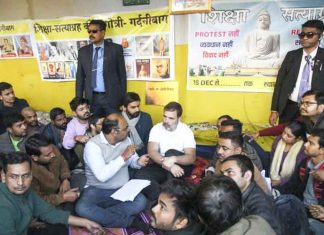Guwahati, Nov 10 2024-
In a first of its kind, two elephant Mahouts of Assam’s Kaziranga National Park and Tiger Reserve (KNPTR) attended the ‘Gentle Training Workshop’ for elephant handlers, owners and carers at National Elephant Institute Lampang, Thailand, officials said on Sunday.
KNPTR Director Sonali Ghosh said that two elephant Mahouts — Kasim Ali (Kaziranga Range) and Sanjeev Pegu (Agoratoli Range) attended the three-day training workshop from November 6 to 8.
She said that the three-day event organised by the Human-Elephant Learning Programs Foundation (H-ELP) gave an introduction to the principles and practice aimed at advancing captive elephant welfare through an understanding of the most relevant scientific knowledge available and focused on positive reinforcement techniques.
The key trainers and facilitators were Dr Andrew McLean, Dr Portland Jones of the H-ELP foundation and Dr Bhaskar Choudhury of Wildlife Trust of India, the KNPTR Director said.
The IFS official said that positive reinforcement means adding a stimulus to the environment to increase the frequency of behaviour.
“As the aim is to increase specific responses or behaviour, positive reinforcement applies gentler and softer methods of training using reward systems. Traditional elephant training tends to focus on correcting unwanted, or undesired behaviours. Positive reinforcement has a more constructive and rehabilitative psychological impact on the elephants and their relationship with their caregivers by significantly reducing stress, pain, and fear,” Ghosh pointed out.
Noting that learning begins for elephants the moment they start to interact with people and surroundings after birth, she said that positive reinforcement has been used for generations of training animals.
The senior forest and wildlife official said that if it is introduced appropriately, the learning experience for an elephant is improved drastically.
Ghosh said that during the training, a practical demonstration of a sequence of verbal and signal training was exhibited.
Desensitisation was demonstrated in elephants as well as painful or fearful experiences which is useful for working with dangerous animals and conditions in later life, she stated.
In the Thailand training event was also attended by Mahouts from Nepal, Laos PDR, Thailand and Sri Lanka.
The KNPTR, measuring about 1,300 sq km, is home to more than 2,613 one-horned Indian rhinos.
The world-famous park is not just a home of rhinos, but also to Asian elephants, Royal Bengal tigers, wild buffalos and many more animal species while it is also a habitat to thousands of birds of over 125 species.
India’s seventh (fourth in natural) UNESCO World Heritage site, the KNPTR is spread across several districts of Assam, including Golaghat, Nagaon, Sonitpur, and Biswanath. (Agency)


































































































